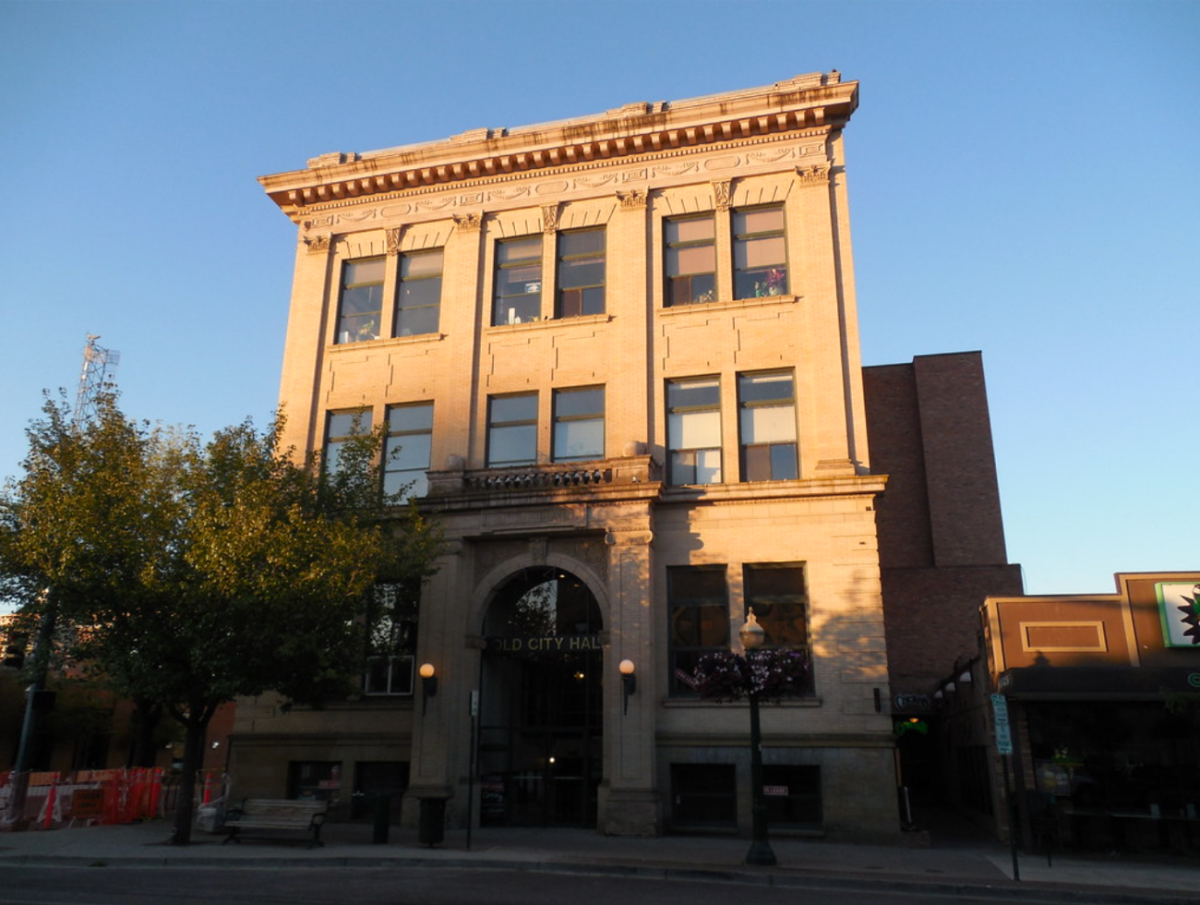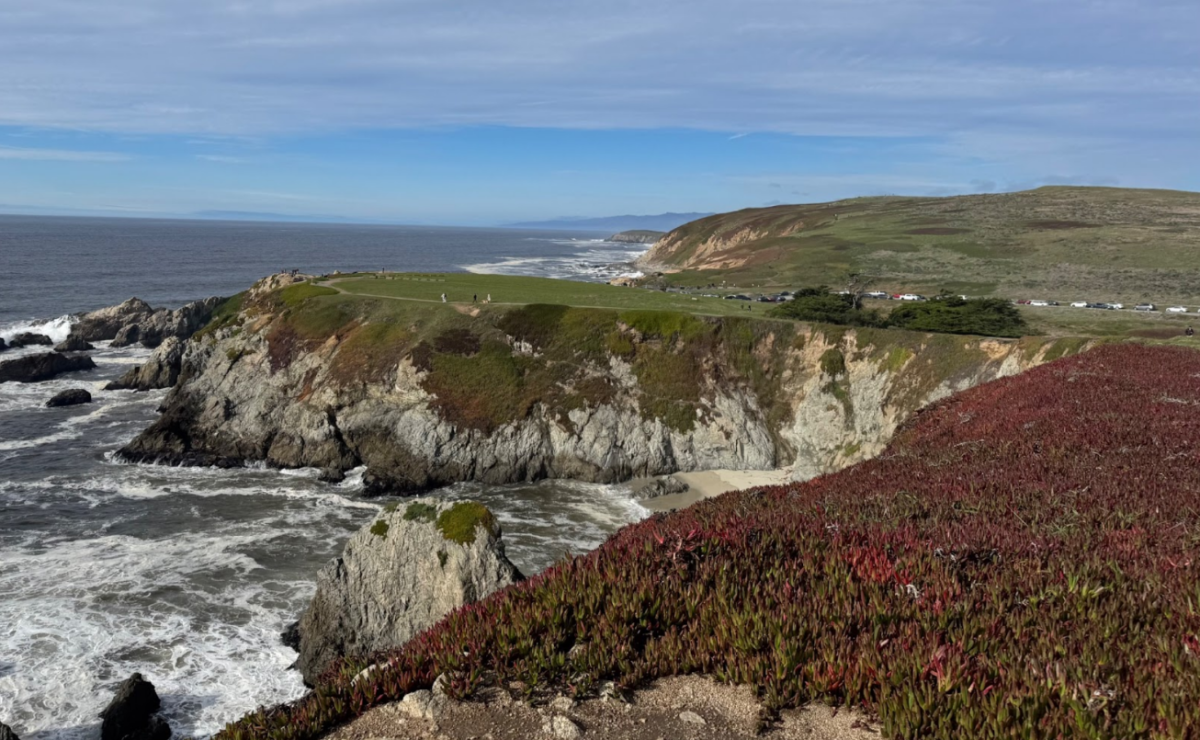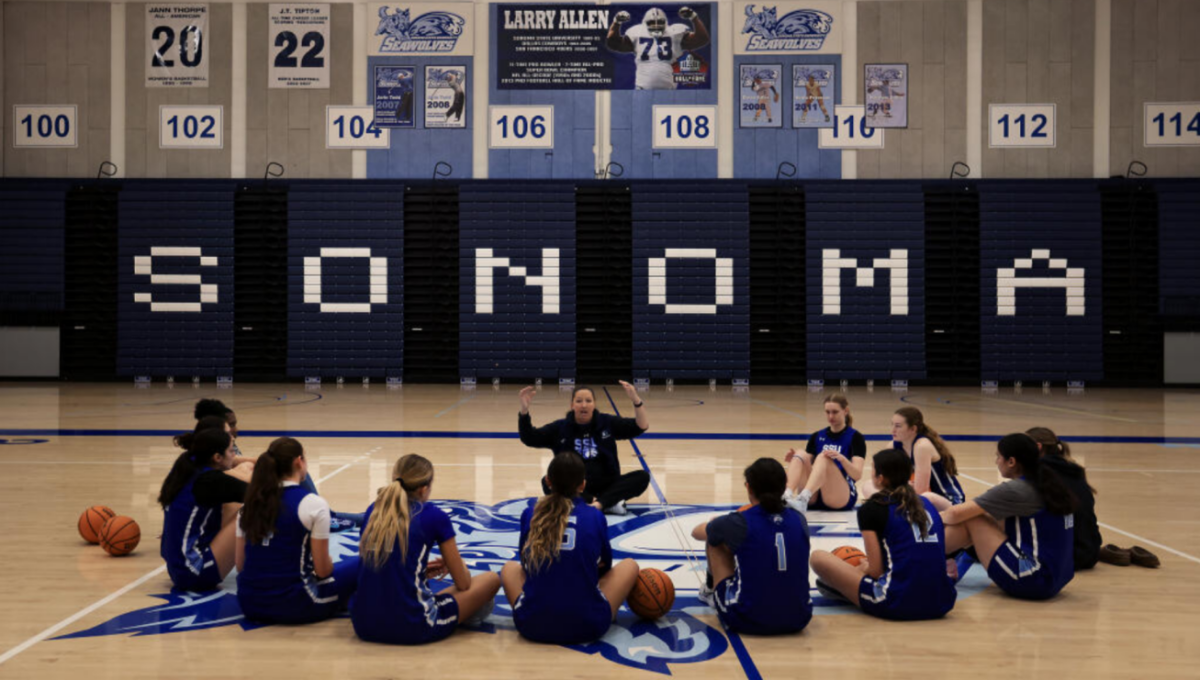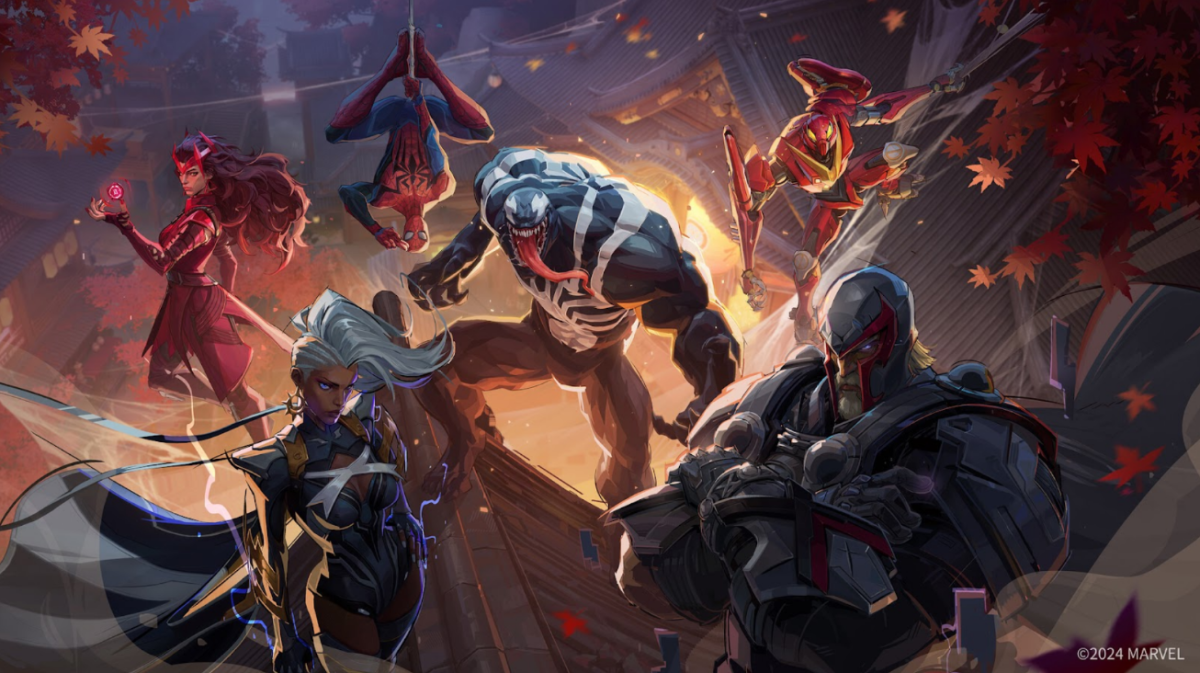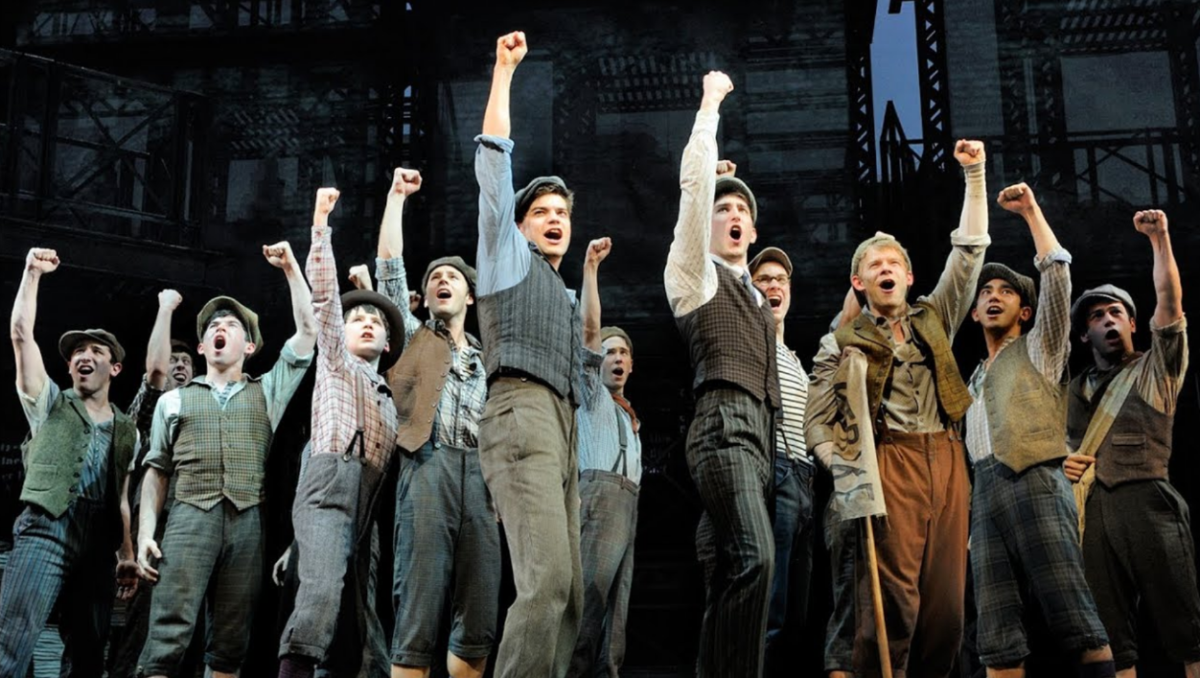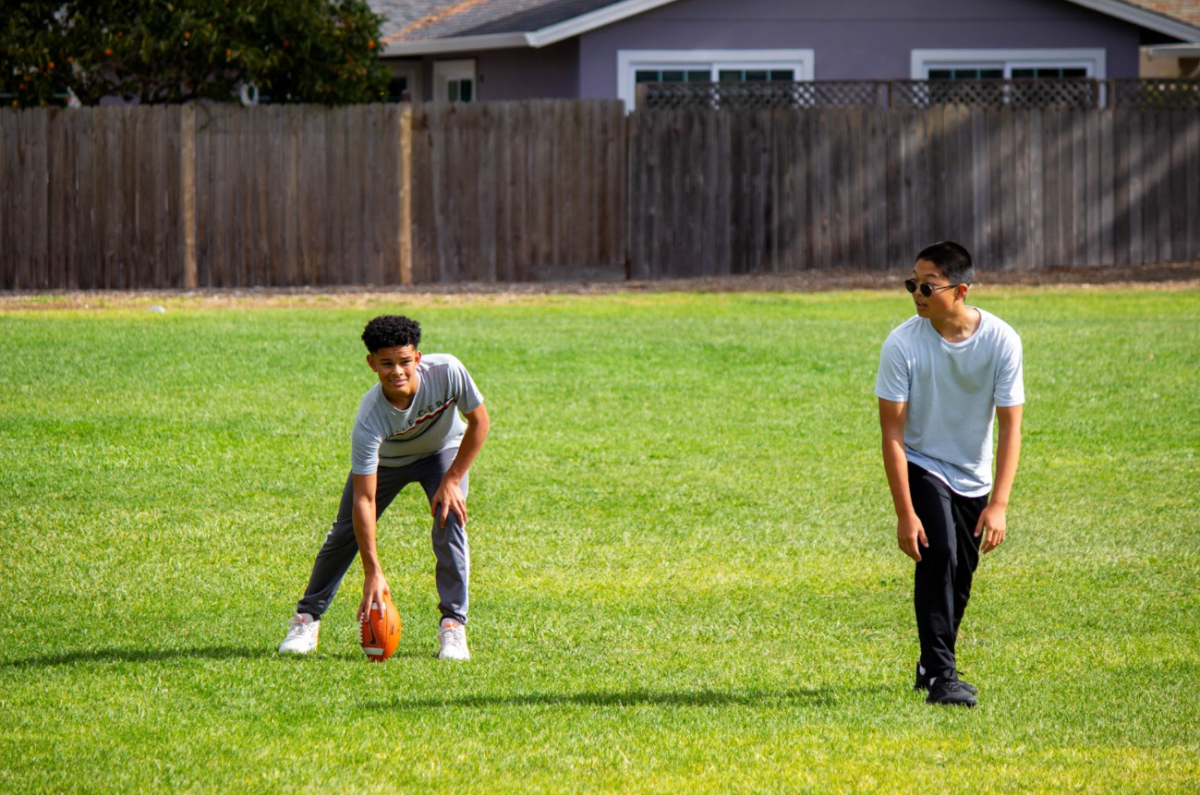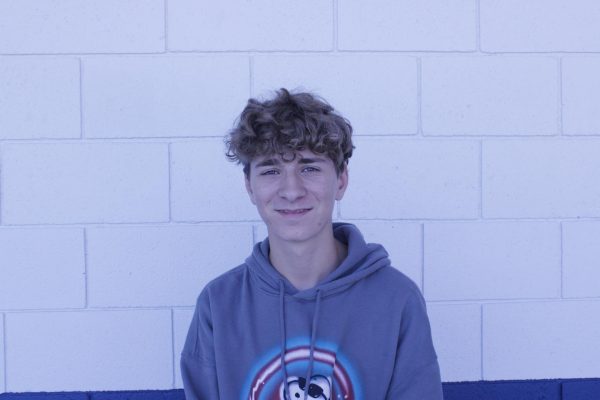As President Nicolae Ceaușescu delivered his speech in Bucharest, the capital of Romania, yelling and screaming began. Confused, he raised his hand to quell the noise, as if it were applause. As Ceaușescu tried to calm down the attendees, a man walked up behind him and said “They are entering the building.”
What caused this speech to erupt into a protest? To understand this, you need to understand what was happening to the people of Romania at the time.
The average income of a Romanian citizen in 1989 (the year of the riot) was $100 per month, showing the poor conditions of the people living there. Despite the poverty of their citizens, Ceaușescu and his family lived extravagant lifestyles with a mansion that has an estimated value of $6-8 million.
Many people resented them not only for this, but also for the actions of President Ceaușescu’s wife, who was accused of forcing people to credit her for work she didn’t do. Even their own son, Valentin Ceaușescu, said that when he watched their trial, he “didn’t feel they were [his] parents.”
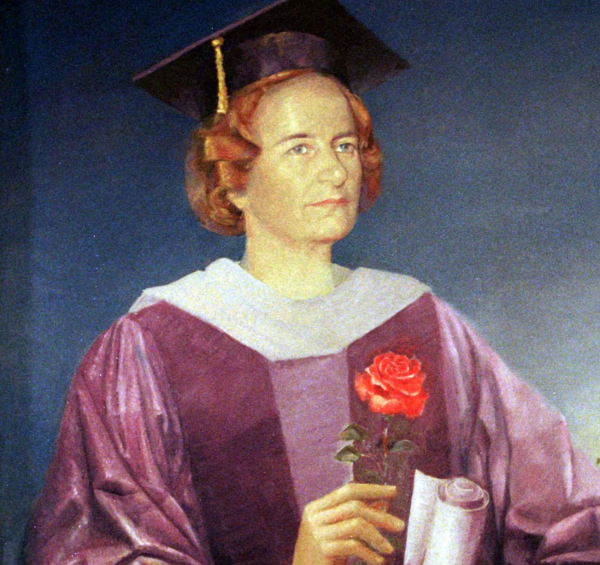
Despite their disdain for the Ceaușescus, the people of Romania did not rise up for 24 years during President Ceaușescu’s rule. People knew that others hated the Ceaușescus—how couldn’t they? But what stopped the people from organizing a resistance for so long? Some people cite the concept of shared and common knowledge.
To understand shared and common knowledge we can turn to a study done at Harvard, about bakers and butchers. The butchers would make sausages and the bakers would make buns. The first test involved “private knowledge,” which is when both groups are in the dark about the other’s intentions. In the second test, the butcher knows hot dogs are good to sell today and he knows the baker knows as well. This is called “shared knowledge.” In the final iteration, that fact is broadcast over a loudspeaker so both know that the other knows, which is called “common knowledge.”
When knowledge was kept private, only about 15 percent of participants opted to cooperate. With shared knowledge, there was about 50 percent cooperation. Common knowledge caused cooperation to skyrocket to 85 percent.
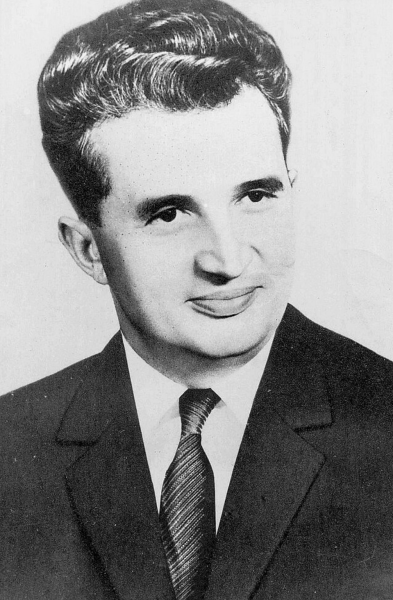
If this is what happened in Romania, what was the “loudspeaker” event? The answer lies in a Romanian city called Timișoara.
A priest had refused an order from his bishop to leave his post after criticizing the Romanian government. After his refusal, he was subject to a government sponsored eviction. People gathered and sang hymns, which turned into a full protest. Shots were fired and the protests spread around the country.
Among the shouts and screaming was a chant: “Timișoara, Timișoara, Timișoara.” The people attending thought Timișoara was a massacre of thousands. In reality, only 93 people were killed.
With this collective understanding as a society, we can act more effectively when we are all unhappy. We can organize protests in the assurance that many people feel the same way. You can be a loudspeaker for the oppressed and put down. You can be the catalyst for real change. We must not get swept up in our passion. However, the trial of Nicolae and Elena Ceaușescu was not a proper execution of justice. The verdict was predetermined, and the charges unclear. Before the photographer had hurried out to the site of the execution, the soldiers had shot and killed both Ceaușescus.

